“Obama will have to set his sights lower”
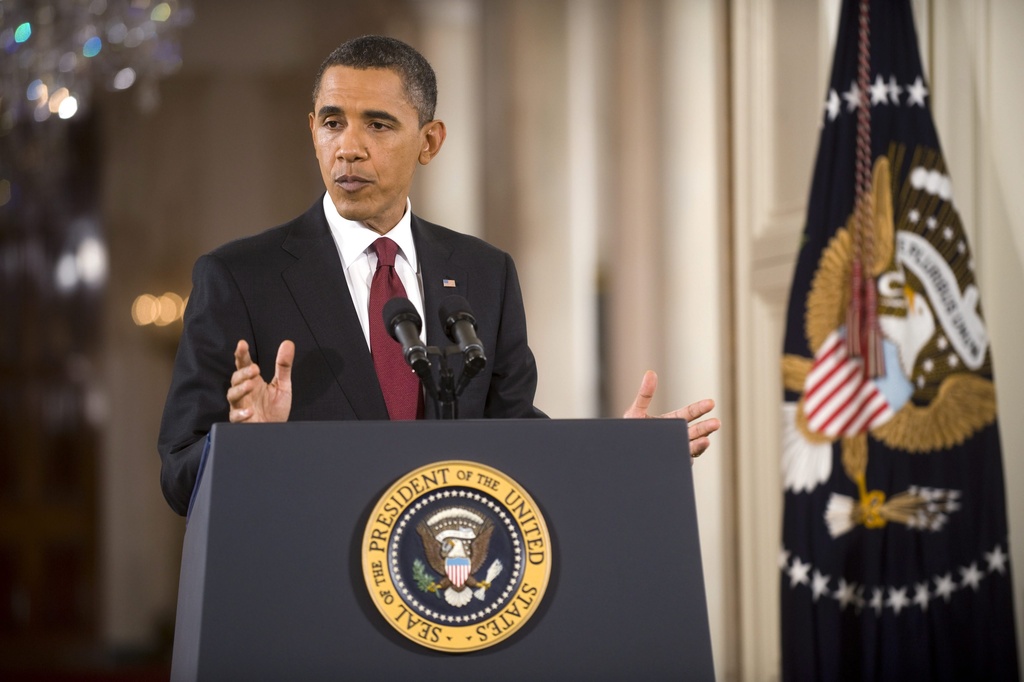
United States President Barack Obama admitted on Wednesday that his Democratic Party had taken a “shellacking” in the midterm elections.
Alfred Defago, the Swiss ambassador to Washington from 1997-2001 and now a professor of international relations at Wisconsin University, says the president needs to set his sights lower and find a compromise with the Republicans, who now have control of the House of Representatives.
The Democrats managed to cling on to the Senate despite losing seats.
Obama has pledged to find common ground with the Republicans on key issues. But Republican leaders have already vowed to reverse his healthcare reforms and to cut spending.
swissinfo.ch: Are the results of the midterm election a repudiation of President Barack Obama and his policies?
Alfred Defago: The election results are certainly a very a strong warning light. Large parts of the country don’t want to continue on a course that was based on strong government and – as a likely consequence of it – higher debt and taxes. Limited government and more personal freedom is the message of Tuesday night. However, I do not think that the result is also a No to Barack Obama as a person. His personal favourable ratings are still relatively high.
swissinfo.ch: Is Washington heading for gridlock or compromise ?
A. D.: That’s really hard to say at this moment. In his first press conference after the election, President Obama showed remarkable humbleness and seemed open to compromising. But of course, the election campaign for 2012 has already begun and that will make any real compromise extremely difficult.
swissinfo.ch: Before 2012, what can Barack Obama do to push forward more items on his agenda and which items are most likely to be maintained on his agenda or abandoned ?
A. D.: Obama will definitely have to set his sights lower. He will be lucky if he can save the core elements of his still controversial healthcare reform. Republicans will fight on all fronts to repeal at least parts of this law. He will also have to take back essential parts of his relatively bold environmental and energy projects. Finally, he will find absolutely no Republican support in the new Congress for new economic stimulus packages.
swissinfo.ch: What is the impact of the Democratic defeat in terms of governorships and state assemblies ?
A. D.: This defeat will have serious and tangible consequences very soon. The new, strong majority of Republican governors will have a huge influence on the pending re-districting of the Congressional districts. And this, in return, will have an enormous impact on the outcome of the congressional and – indirectly – presidential elections in the next decade. Together with the state parliaments, the Republican governors also will certainly try to block the implementation of Obama’s controversial healthcare reform.
swissinfo.ch: Tuesday’s elections were the first national test for the Tea Party which contributed to the Republican comeback. Is that movement here to stay and what influence could it have on American politics, both in the short term and in the longer term?
A. D.: Last Tuesday was a great day for the Tea Party, no doubt. It’s more than just a flash in the pan. It reflects a deep frustration of “middle America” with its government and its parties. Also, the Tea Party has definitely pushed the Republican party further to the right. However, based on other examples in US history, I have my doubts that this largely leaderless movement will be a permanent factor in the decades to come. Moreover, many of the Tea Party candidates are perceived as much too radical and crazy, even among Republicans.
wissinfo.ch: Will President Obama’s electoral setback have any consequences on US foreign policy?
A. D.: I’m not so sure. Foreign policy was not at the centre of these elections, not at all. And Barack Obama himself doesn’t actually show too much interest into becoming a foreign policy president. But, who knows? If the next two years would lead to a domestic impasse, Obama could “flee” into more international activities. Bill Clinton did exactly that when he suffered a disastrous setback in the midterm election of 1994.
swissinfo.ch: Does Barack Obama face the risk of being a one-term president?
A. D.: His re-election in two years is definitely not a done deal. He will have to fight. But his situation is anything but hopeless. The Republicans will have enormous problems to present a convincing personal alternative to Obama. All the potential presidential candidates from the Tea Party wing enjoy certainly a lot of publicity right now, but they seem to me absolutely unelectable by a majority of voters in this country. Sarah Palin, for example, has almost no prospects to get nominated by her party. She polarises people quite heavily, even among Republicans.
swissinfo.ch: Voter turnout was again very low, at just 42 per cent. In exit polls, those Americans who bothered to vote clearly said that they dislike the two parties which dominate the political system in their country. Is that a challenge to the Republican and Democratic parties and to democracy in the United States?
A. D.: You are right. This election was not only a heavy defeat for the Democrats and Barack Obama, but also an expression of mistrust towards the two political parties per se. In this sense, the Republican victory is not necessarily a mandate to continue business as usual. But frankly, I don’t believe that the outcome of this election indicates a fundamental crisis, or even an end of the traditional American two party system. As I said, the Tea party phenomenon is, without a doubt, a sign of a general malaise, but it will hardly bring this system down.
Republicans have won at least 60 additional seats in the House of Representatives after Tuesday’s voting. They needed 39 seats to gain a majority. Republicans now control 239 seats versus 186 for Democrats. Ten seats are still undecided.
In the Senate, six seats swung to the Republican camp, including Illinois, which is symbolic since it was the former stronghold of Obama.
It is the largest transfer of seats since 1948 when the Democrats won 75. The Republicans have never had such a large majority in the House since 1928.
Defago is a professor of international relations at the University of Wisconsin (Madison)
He was Swiss ambassador in Washington from 1997 to 2001 and before that consul general in New York from 1994 to 1997.
He is the author of several works in German about the United States, the most recent published in 2009 on President Obama.
Defago began his professional career in 1971 as a journalist in the German-language service of Swiss national radio and rose to editor-in-chief.
He has a doctorate in history and literature from Bern University.

In compliance with the JTI standards
More: SWI swissinfo.ch certified by the Journalism Trust Initiative
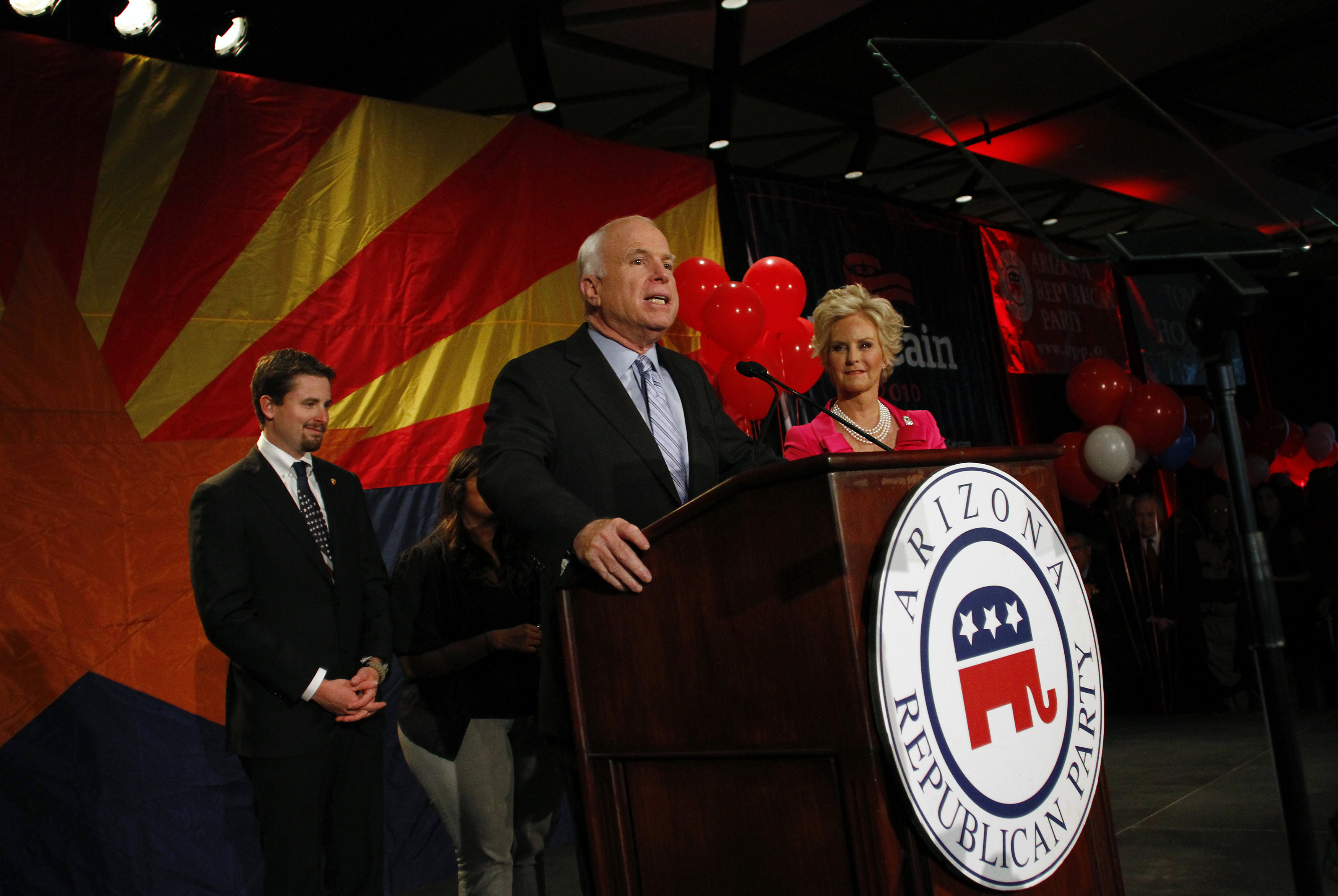
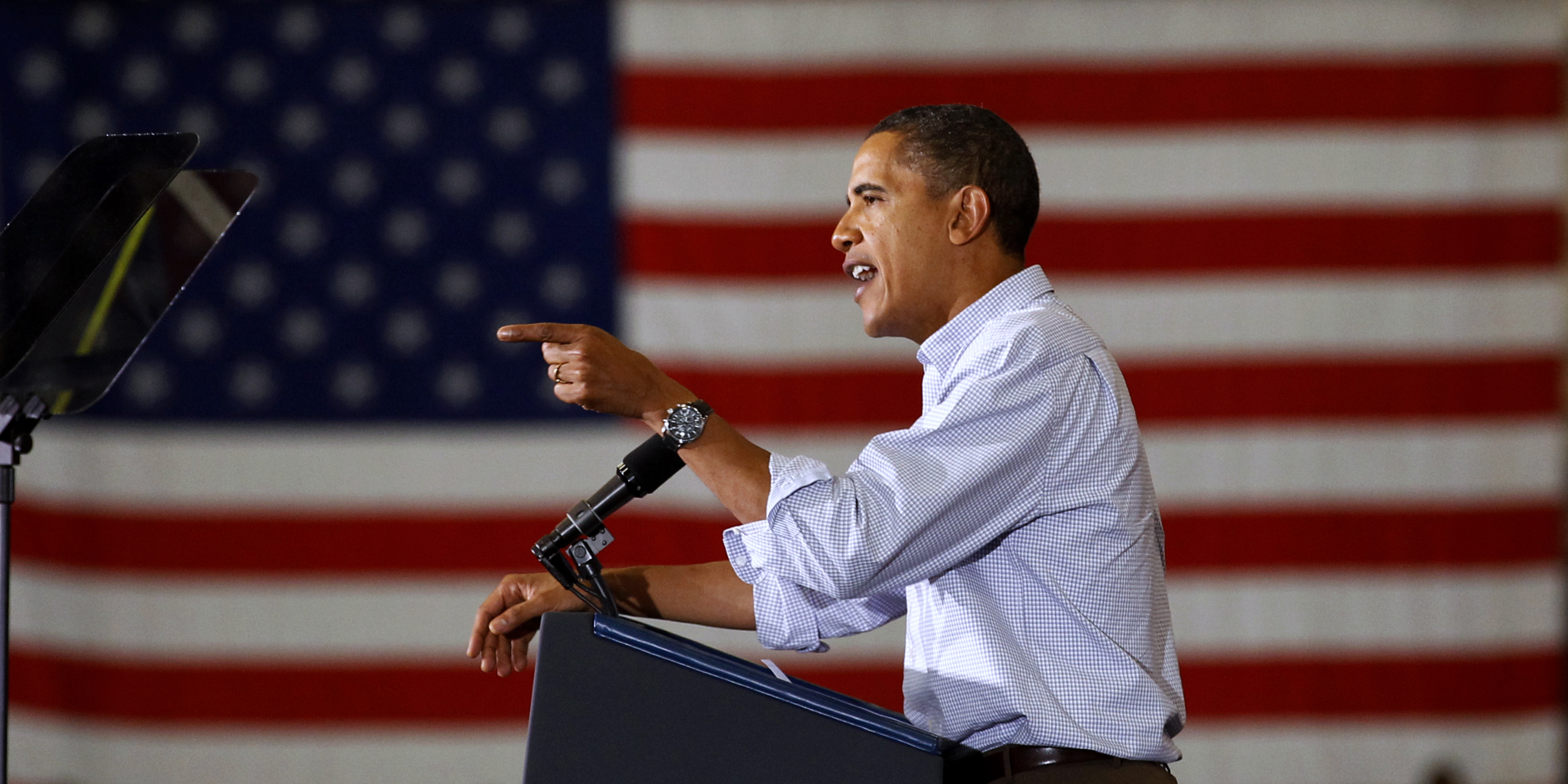
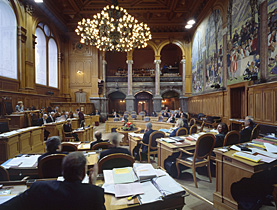
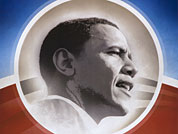
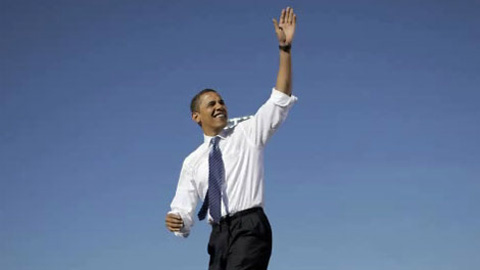
You can find an overview of ongoing debates with our journalists here. Please join us!
If you want to start a conversation about a topic raised in this article or want to report factual errors, email us at english@swissinfo.ch.